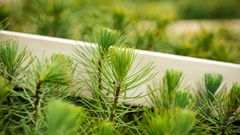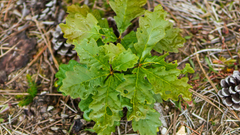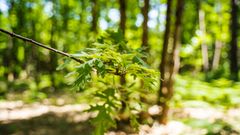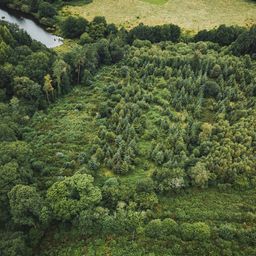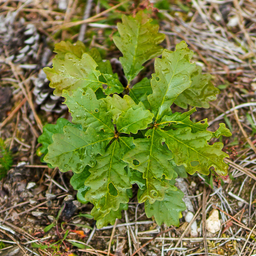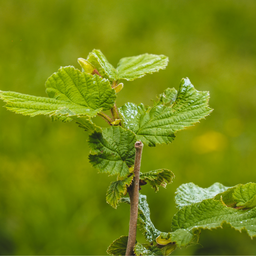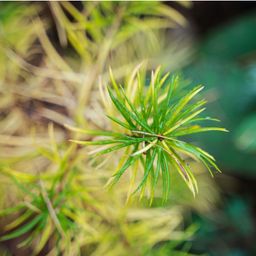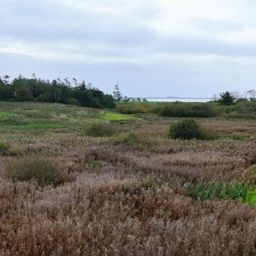Mar 6, 2023
How climate change impacts our food resources
Climate change is impacting our food supply, from foodbourne diseases to fungal infections. But with the right actions, we can protect our food resources for the future.

Climate change is one of the most pressing issues of our time, and its impact on our food resources cannot be ignored. From the increase of food and waterborne diseases to the spread of fungal infections in plants, climate change has a significant effect on our food supply. In this blog post, we'll explore five ways in which climate change is impacting our food resources.
Increased food and waterborne diseases
As temperatures rise, it creates an environment conducive to the growth and spread of bacteria and viruses, increasing the risk of food and waterborne diseases. This can affect crops, livestock, and seafood, leading to a higher likelihood of food contamination.
Promoted uptake of toxic heavy metals in staple crops
Climate change can lead to changes in soil pH, which can increase the uptake of toxic heavy metals in staple crops like rice, wheat, and corn. This can result in health problems, such as kidney disease, in people who rely on these crops as a major food source.
Spreading of fungal infections in plants
Fungal infections in plants are becoming more common due to changes in temperature and humidity, causing a decrease in crop yields and the quality of the food produced. This can lead to increased food prices and a reduction in the availability of certain foods.
Plant pests spread into new areas, potentially leading to pesticide overuse
As temperatures rise, pests that were once limited to certain regions may expand their range, leading to the overuse of pesticides to control them. This can have negative consequences on both the environment and human health.
Spreading of harmful algae which affects seafood safety
Climate change can lead to the expansion of harmful algae, such as red tide, in the oceans, which can affect the safety of seafood. Since consuming contaminated seafood can lead to serious health problems, many people who are dependent on seafood for sustenance will lack an important food source because of the lack of access to safe-to-eat seafood.

What can be done?
Climate change has a significant impact on our food resources, affecting everything from the safety of seafood to the quality of staple crops. It is up to us to take action to reduce our carbon footprint and mitigate the effects of climate change on our food supply. By taking steps to reduce our impact on the environment, we can ensure a more sustainable future for ourselves and for generations to come.
One way individuals, businesses and communities can make a positive impact is by supporting reforestation, agroforestry and biodiversity conservation projects.
Reforestation projects can help to restore degraded landscapes, sequester carbon, and provide habitat for wildlife. Biodiversity conservation projects help protect critical ecosystems and the species that depend on them. Agroforestry can help make crops and the surrounding ecosystems more resilient against climate threats.
By supporting these initiatives, we can make a tangible difference in the fight against climate change and protect our valuable food resources.
While climate change poses significant challenges to our food resources, it's important to remember that it is not too late to make a positive impact. By taking action and supporting green initiatives, we can work towards a more sustainable and resilient future and ensure a healthy and secure food supply for generations to come.
Get involved
Want to take action? You can buy ownership of a tree which will be part of one big forest. Keep it for yourself or gift it to someone lucky.
Businesses can make a huge positive impact on climate challenges as well. If your business wants to partner up with us, we can offer custom-made projects suited to your needs. All you need to do is reach out to our team.
